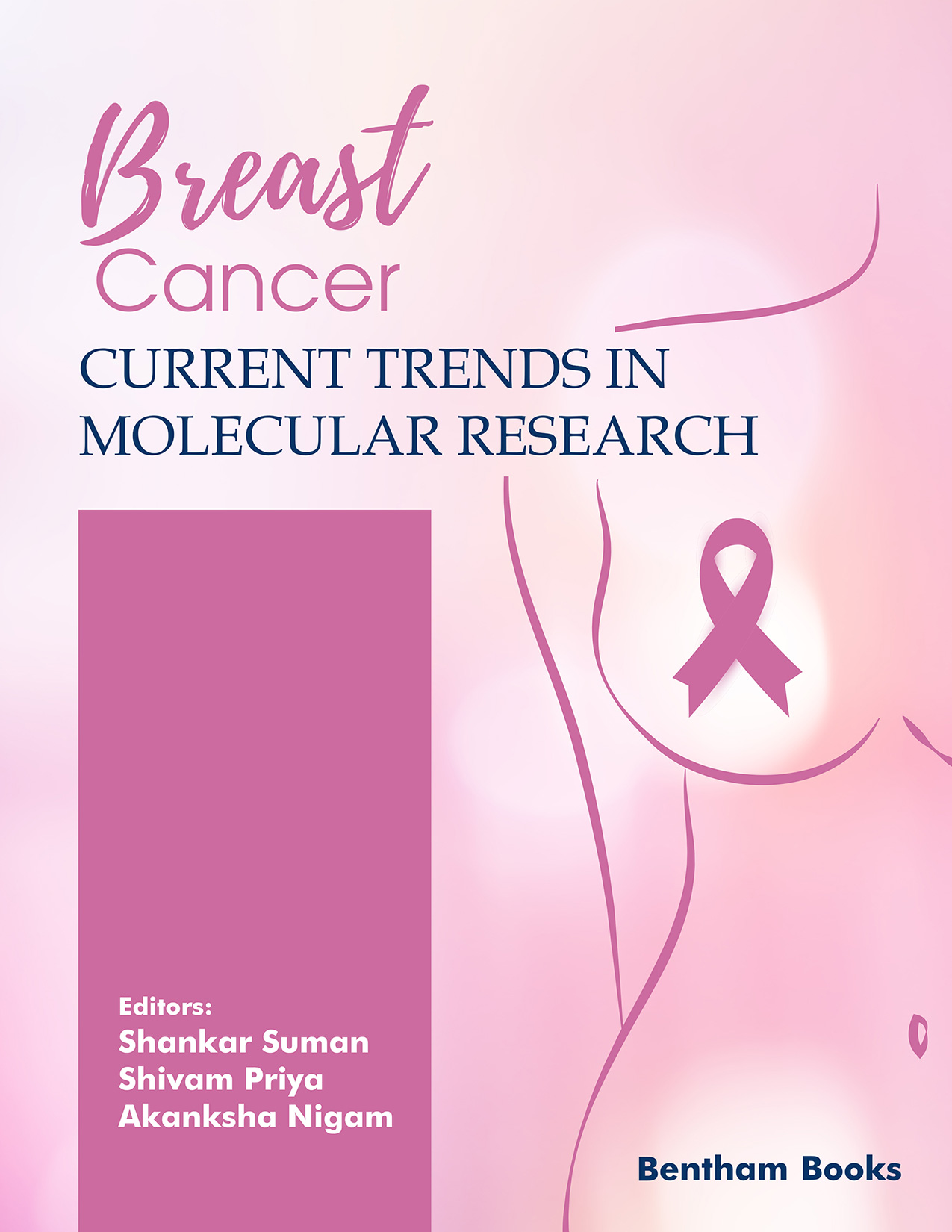Introduction
Breast cancer is one of the most common cancer types worldwide, and is a leading cause of cancer related deaths in women. In this book, medical experts review our current understanding of the molecular biology and characteristics of breast cancer. The topics covered in this book provide comprehensive knowledge of mechanisms underlying breast carcinogenesis, and are intended for a wide audience including scientists, teachers, and students.
11 chapters present information about several topics on breast cancer, including the role of cell growth and proliferation pathways, androgen and cytokine signaling, germline mutations in breast cancer susceptibility genes, and molecular factors causing invasive and metastatic breast cancer. In addition, the editors discuss the recent advancements in multi-omics data analysis based on inter-and intra-tumor molecular profiles.
The reference highlights how the knowledge and understanding of the biological behavior of breast neoplasms have facilitated ongoing investigations into dietary polyphenolic compounds with antioxidant properties, making them function as cancer chemopreventive agents. Along with this, the current development of treatment strategies such as targeted molecular therapy, and radiation therapy is brought to the fore to update readers.

